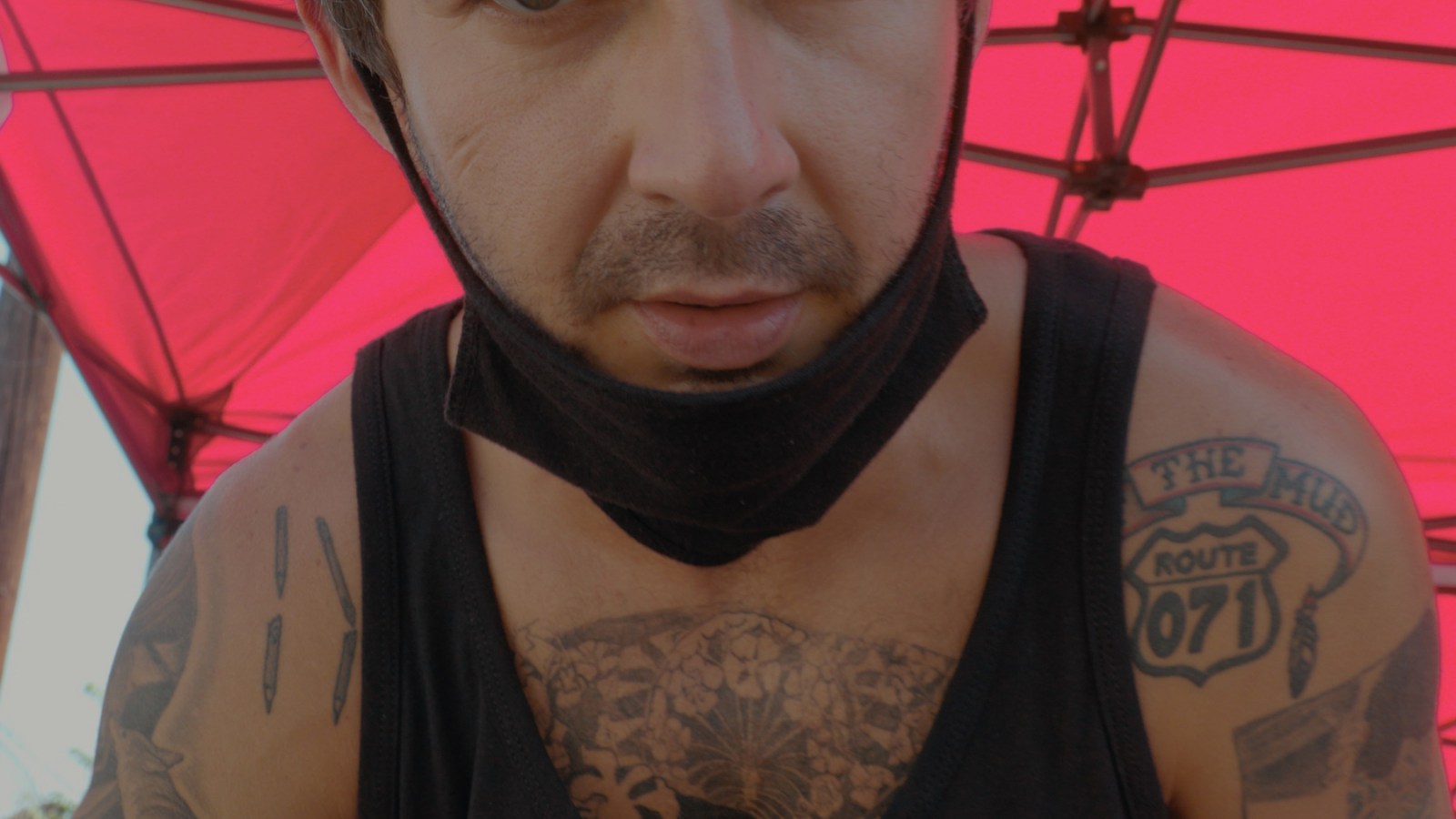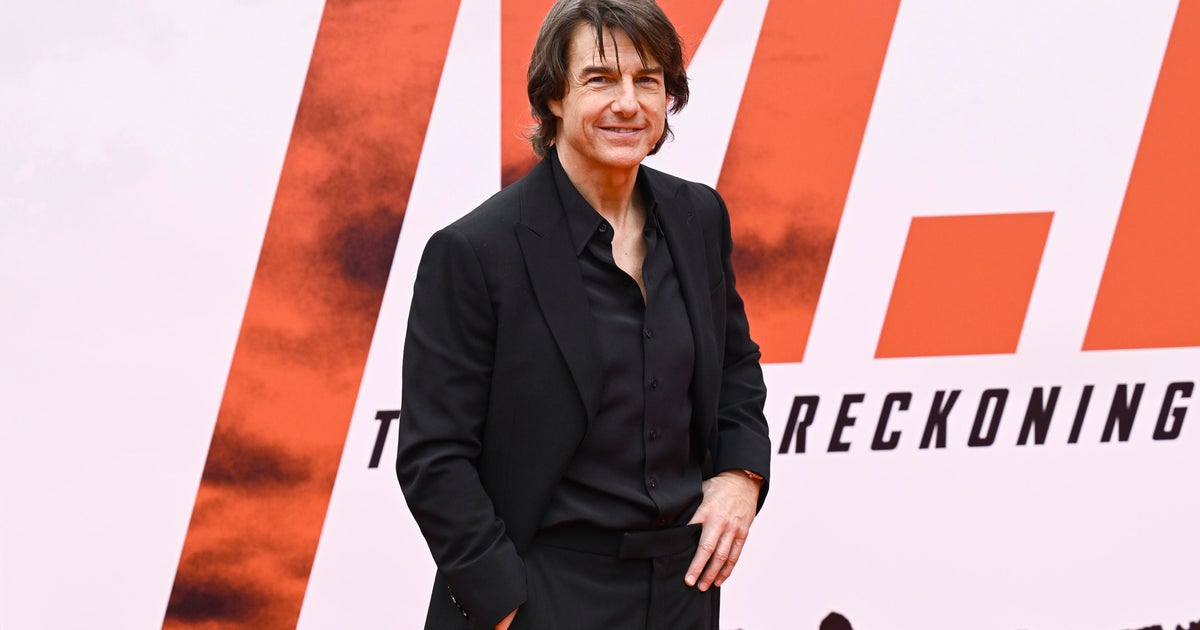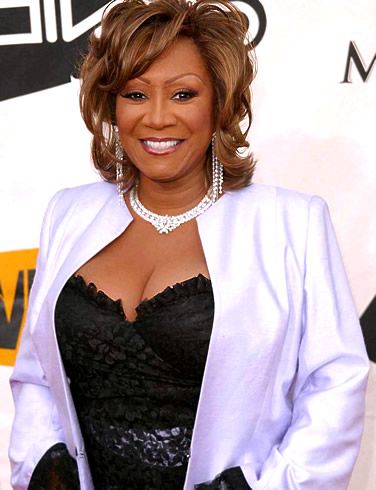In 2018, Shia LaBeouf was feeling heartbroken, adrift, in a state of what he called “spiritual sickness.” So the actor did what a lot of us were doing back then when we found ourselves in serious need of help: He went on Twitter. In the video that LaBeouf posted on the site (now known as “X,” blah blah blah), he declared that he had an idea. There was a space in South Central Los Angeles called the Slauson Rec Center. He was going to be there on Saturday morning, and the next Saturday, and the Saturday after that. Whoever wanted to join him was welcome to show up. It would kinda sorta be structured as a “class,” though don’t expect acting lessons. LaBeouf was really looking for collaborators for some to-be-determined project. Previous industry experience was not required. Participants just needed to have “a story that needs telling.” And they had to be devoted to the truth. Being 100-percent truthful is a big deal to LaBeouf. Remember that thought.
One of the people who answered the call was a 21-year-old from Texas named Leo Lewis O’Neil. A relatively recent transplant to the City of Angels, he’d been having a rough time since he arrived. The thought of not only meeting a movie star but getting in on the ground floor of some bold new creative endeavor that LaBeouf was willing into motion felt too good to pass up. Plus the center was five minutes from where he lived. The first Saturday was more of a happening than a class, to be honest. But there was an unpredictable, livewire energy to the exercises and exchanges that was undeniable.
A budding filmmaker, O’Neil had brought along a camera along out of habit. LaBeouf had been happy to let him film everything. The next Saturday, he asked if LaBeouf if he could be the official archivist of what would soon be known as the Slauson Rec Theater Company. The actor said yes.
Years later, long after the chairs had all been thrown, and the jet-engine-level screaming had died down, and the tears had dried, and what had been a beacon of hope for a handful of artists-in-training was dashed on the rocks of one man’s inability to hold his inner demons at bay, O’Neil asked LaBeouf another question. Could he turn the footage he’d been sitting on into a documentary regarding what went wrong? It’d have to be 100-percent truthful, LaBeouf replied. But the actor once again said yes. Thank god he did. Otherwise, we would not have what is one of the most damning, unfiltered, take-no-prisoners portrait of a celebrity losing his shit ever recorded for posterity.
Premiering at the Cannes Film Festival Sunday night, Slauson Rec captures the good, the bad and the ugly of the company’s two-years-and-change existence. But to suggest that the end result is a three-way tie would be a lie; the “ugly” wins by a mile here. Documenting how LaBeouf’s growing impatience with the group eventually led to biblical rage spirals, physical assaults, and some truly Grade-A asshole behavior, it paints a truly terrifying picture of its subject. Even if O’Neil signals this is a work of love for his old mentor, LaBeouf still comes off like a monster. Those who care to bask in the Shia-denfreude of seeing more evidence of his nastiness presented to the public will be in heaven. The rest of us are simply forced to watch between our fingers as the celebrity-driven car wrecks keep getting exponentially worse.
All that sound and fury and Category 5 temper tantrums come later, naturally. Slauson Rec treats those glorious early days, filled with endless promise and all-access star adjacency, in a way that mirrors the students’ own swooning. LaBeouf has given these dreamers not just a safe place to fail, but a “laboratory” where they can indulge their imagination alongside someone with the juice to make moves. He offers encouragement, excitement, and the sense that they’re all an equal part of his mission to make “as many creative churches as possible.” O’Neil also singles out a few of Shia’s apostles, notably Zeke, a Hispanic twentysomething with the modest goal of becoming “one of the greatest actors of all time,” and an earnest, horse-loving young woman named Sarah. They might seem like random choices to put the spotlight on. Spoiler: They are not.
Yet the overall focus is on the utopian community orbiting around the intense figurehead. Not even handwringing over the way their presence affects the South Central community around them — are they being inclusive enough? Socially responsible enough? — and losing their original space slows them down. When they begin workshopping 10 minutes of a larger piece LaBeouf calls “The New Human” to show the public, the vibe is one part “let’s put on a show” enthusiasm and one part Kool-Aid–sipping cult. The positive reception they get to what feels like a modern-dance reinterpretation of The Human Centipede is enough make them think that their fearless leader’s goal of changing the world is just around the corner.
Cut to: March 2020. The pandemic saps some of the company’s momentum, and Zoom meetings tend to devolve into power plays among competing politburos, with LaBeouf exercising veto power. Everyone’s frustrated. No one wants to give up. The solution to their stasis is a drama set in a Covid testing set that will combine theater, improvisation, and cinema. Called 5711 Avalon, it will be performed in a parking lot and is destined to become, in LaBeouf’s words, “a Cirque du Soleil-sized epic.” By this point, O’Neil has already shown us what happens when the group’s guru gets pissed, courtesy of a scene in which he raises his voice over what he feels is unsatisfactory focus and storms off. Once they start rehearsing in the outdoor space, Shia’s short fuse has become even shorter. One day, the players’ rendition of this slowly evolving work is the second coming of Death of a Salesman. The next day, it’s total “dogshit.” Cryptic, contradictory notes are given, and when they’re not followed to the letter, things get volatile. You can sense the storm on the horizon moving closer, closer, closer….
And when it arrives, its gale-force winds designed to destroy everything in its path, good luck. Slauson Rec doesn’t sugarcoat or soft-peddle the scenes in which LaBeouf unleashes torrents of high-volume verbal abuse, or shirtlessly skulks around a set in which no actor or folding chair is safe, or seriously hulks out over an actor he feels is giving him “attitude.” It simply presents them as you stare on, slack-jawed in disbelief. There is no other way to describe LaBeouf attacking the smaller, younger Zeke or backing another actor up against a wall, his forearm on the guy’s throat, than “assaults.” The threat of violence hangs over every single scene as the rehearsals start to tick into the 70-days-in-a-row mark, punctured only by moments of actual violence. Sarah, the most devoted of Shia’s disciples, refuses to see her sick mom at the hospital because she’s afraid missing a rehearsal will get fired. LaBeouf waits until she goes to her mom’s funeral. Then, having run her scenes with another actor he deems worthy in her absence, he fires her.
These are the cringeworthy, can’t-look-away moments, and there are many, that people will talk about when they talk about Slauson Rec. And trust us when we say they are genuinely hard to stomach. You feel embarrassment for LaBeouf, who is clearly (and self-admittedly) turning his inner monologue of self-loathing into outer tirades of abuse on those who simply want to please him. He’s the first to tell you he’s his own worst enemy — but listen, my frogs, why did you let a scorpion like me climb onto your backs? You feel empathy for those stuck in this cycle along with him. You feel your own rage as you clock that his celebrity is, in the eyes of many helping to facilitate this ongoing experiment, allowing him a free pass to be ghastly. (Sarah actually calls this out. It doesn’t help her.) The idea that genius forgives all, and the favoring of “honesty” above all means never having to admit you’re just an asshole at heart, is rigorously tested here. None of this shit is excusable. It’s a portrait of an artist as an authoritarian megalomaniac.
When O’Neil caps off this two-and-a-half-hour labor of love with a coda, which takes place two years after the final performance of 5711 Avalon and the dissolution of the group, he does manage to capture two extraordinary moments of honesty. He’s arrived at LaBeouf’s house, and is recording a sort of postmortem interview. The star says that he’s signing off on this because it’s “the ultimate virtue signal.” Look how cool I look for being cool with this, he says, letting his self-knowingness wrestle it out with his self-hatred and self-regard. That’s the first bit. The second comes when LaBeouf admits that he owes everybody apologies, some more than others. He’s not sure he can make amends, but he wants to try. And you can suddenly hear crying happening behind the camera. O’Neil lets the shot go on for an uncomfortably long time, his sobs audible and LaBeouf silently choking up onscreen.
You realize that Slauson Rec is about a lot of things, from the perils of good intentions to the way fame doesn’t exterminate your flaws so much as exacerbate them. But in the end, it’s really an extraordinary act of grasping for closure. And it was hard not to think that, standing in the audience as a crowd of people at the world’s most prestigious film festival gave him a standing ovation, O’Neil might have felt more than a little sense of closure at that point too. LaBeouf was there as well, sporting a mustache that was a cross between 1970s cop and 1870s gunfighter. But he kept ceding the spotlight to the filmmaker, knowing that this was O’Neil’s night. This doc will ultimately be the legacy of the whole Slauson Rec experiment. The star had set out to change the world. Instead, he stood back and watched as another person’s life changed right in front of his eyes.










